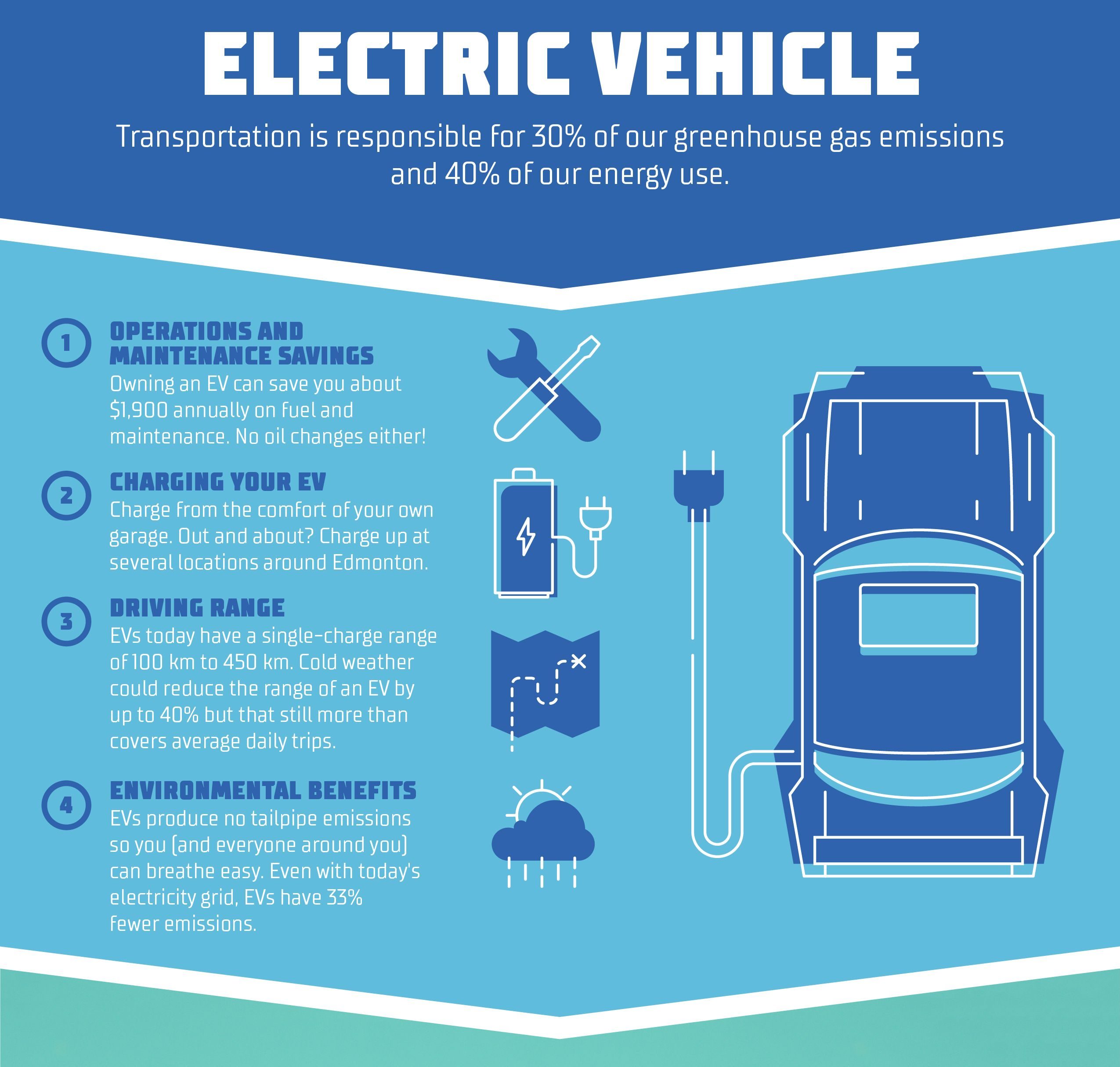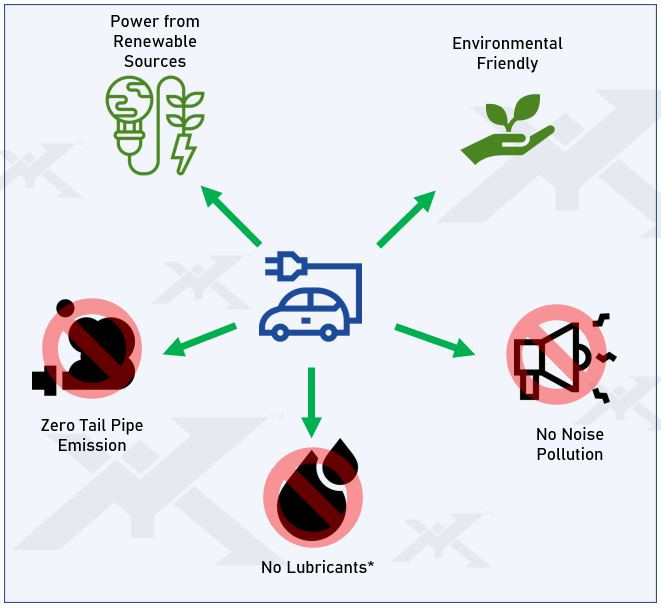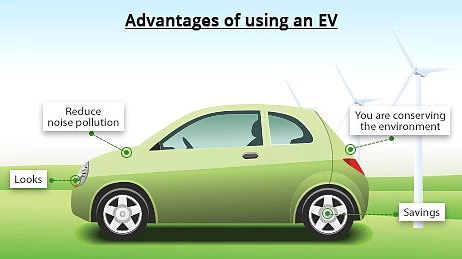
Benefits of Electric Cars for the Environment
Introduction
Electric cars have gained significant attention in recent years due to their potential environmental benefits. This article will explore the advantages of electric cars for the environment and highlight their relevance in addressing climate change and promoting sustainable transportation.
Historical Background
Electric cars have a long history that dates back to the late 19th century. The early development of electric vehicles faced numerous challenges, including limited battery technology and a lack of infrastructure. However, advancements in electric vehicle technology over the years have overcome many of these obstacles, leading to the widespread adoption of electric cars.
Key Concepts and Definitions
In order to fully understand the benefits of electric cars for the environment, it is important to define key terms. Electric cars are vehicles that are powered by electric motors, using electricity stored in rechargeable batteries. Emissions refer to the release of pollutants into the atmosphere, which contribute to air pollution and climate change. The environmental impact refers to the overall effect of human activities on the environment, including factors such as resource depletion and pollution. Sustainable transportation is a concept that focuses on minimizing the negative impact of transportation on the environment, society, and the economy.

Main Discussion Points
Reduction in greenhouse gas emissions
Electric cars produce zero tailpipe emissions, as they do not burn fossil fuels like gasoline-powered vehicles. By eliminating the combustion process, electric cars significantly reduce greenhouse gas emissions. This reduction in emissions plays a crucial role in mitigating climate change and its adverse effects on the environment.
Improved air quality
Electric cars contribute to cleaner air by reducing pollutants such as nitrogen oxide and particulate matter. These pollutants are known to cause respiratory problems and contribute to air pollution. The adoption of electric cars can lead to improved air quality, benefiting both individuals and communities.
Energy efficiency and reduced dependence on fossil fuels
Electric cars are more energy-efficient compared to internal combustion engine vehicles. The conversion of electrical energy to mechanical energy in electric cars is more efficient than the combustion of fossil fuels in traditional vehicles. Additionally, electric cars can utilize renewable energy sources, such as solar and wind, further reducing dependence on finite fossil fuels.

Case Studies or Examples
Real-world examples of cities and countries adopting electric cars showcase the positive impact on the environment. For instance, Norway has been at the forefront of electric car adoption, with electric vehicles accounting for over 50% of new car sales in recent years. This has led to a significant reduction in emissions and improved air quality in urban areas.
Current Trends or Developments
Globally, there is an increasing trend towards the adoption of electric cars. Major automakers are investing heavily in electric vehicle technology and expanding their electric car offerings. Research findings continue to highlight the environmental benefits of electric cars, further driving their adoption.
Challenges or Controversies
Despite the numerous advantages, the widespread adoption of electric cars faces challenges. Limited charging infrastructure, long charging times, and range anxiety are some of the barriers that need to be addressed. Additionally, controversies exist regarding the environmental impact of electric car production and battery disposal.

Future Outlook
The future implications of electric cars for the environment are promising. As technology advances, electric vehicles are expected to become more affordable, have longer ranges, and require shorter charging times. The development of a comprehensive charging infrastructure and the integration of renewable energy sources will further enhance the environmental benefits of electric cars.
Conclusion
In conclusion, electric cars offer significant benefits for the environment. They reduce greenhouse gas emissions, improve air quality, and promote energy efficiency. Despite the challenges and controversies, the continued adoption of electric cars is crucial for addressing climate change and achieving sustainable transportation.
References
For further reading or research on the topic, consider the following reputable sources and studies:
International Energy Agency. “Global EV Outlook 2021.”
Union of Concerned Scientists. “Cleaner Cars from Cradle to Grave.”
National Renewable Energy Laboratory. “Environmental Impacts of Battery Electric Vehicles.”




